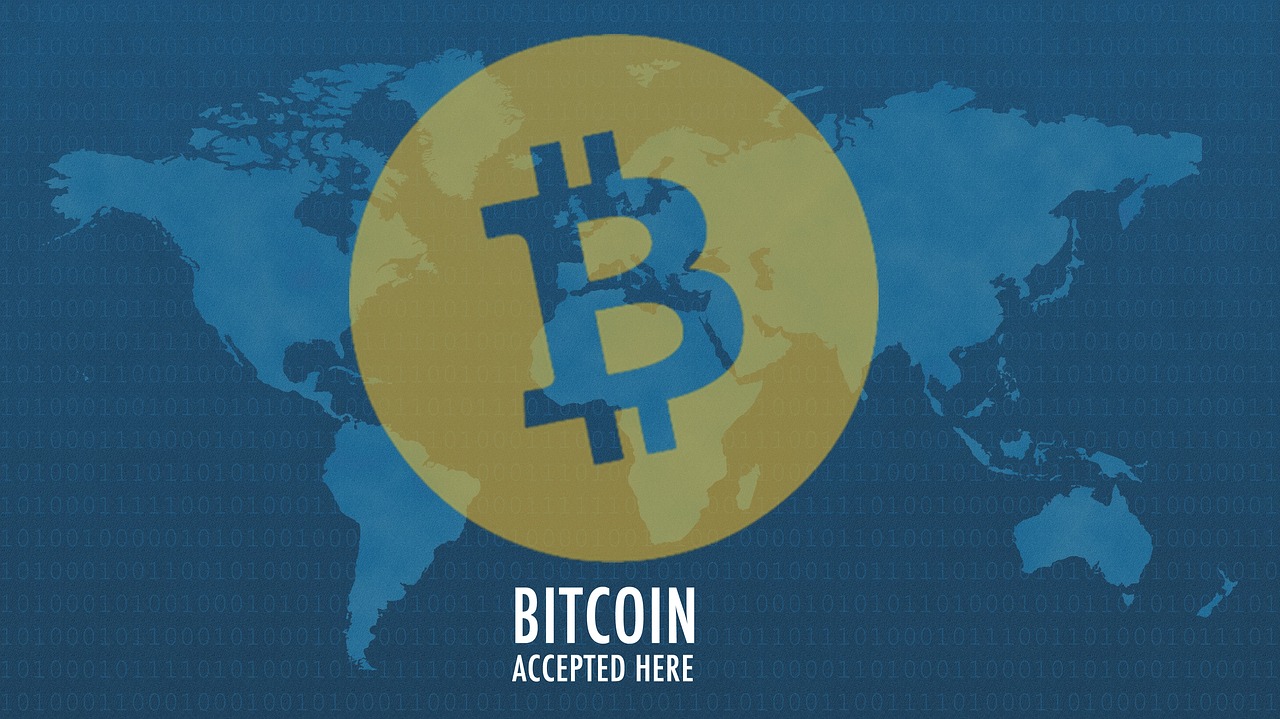Join Our Telegram channel to stay up to date on breaking news coverage
A Bitcoin developer recently proposed enhancing the Bitcoin network by incorporating block ordinals for BRC-20 tokens. This innovative idea aims to bridge the gap between the world’s most popular cryptocurrency and the vibrant ecosystem of decentralized finance (DeFi) built on the Ethereum blockchain.
By allowing Bitcoin users to interact with DeFi protocols, this proposal could create new opportunities for Bitcoin to unlock the large potential of the DeFi space. Furthermore, it would enable Bitcoin developers to build new applications and products that could take advantage of the unique features of the Ethereum blockchain. By introducing block ordinals, Bitcoin could potentially enable the issuance and transfer of BRC-20 tokens while maintaining its robust security and scalability features.
The Need for Interoperability
As DeFi popularity rises, interoperability between blockchain networks becomes increasingly crucial. While Ethereum dominates the DeFi landscape with its vast array of tokens, Bitcoin remains the undisputed leader in market capitalization and network security. The proposed integration of block ordinals for BRC-20 tokens aims to leverage Bitcoin’s strengths while enabling seamless interoperability between the two blockchain ecosystems.
Understanding Bitcoin Block Ordinals
Block ordinals refer to the unique identification of each block in a blockchain network. Bitcoin has long employed block heights, representing the sequential order of blocks, to maintain its ledger’s integrity and immutability. The proposal suggests extending this concept to BRC-20 tokens by utilizing block ordinals to track token transfers and ensure consistency across the Bitcoin network.
Block ordinals would provide an immutable point of reference for tracking token transfers, allowing each block to be uniquely identified and the sequence of blocks to be preserved. This would help maintain the integrity of the Bitcoin network by allowing for the verification of token transfers and preventing double-spending.
Advantages of the Proposal
Integrating block ordinals for BRC-20 tokens into the Bitcoin network offers several significant advantages. First and foremost, it would provide a secure and decentralized platform for token issuance and transfers, leveraging Bitcoin’s robust network infrastructure. Utilizing block ordinals, the proposal maintains Bitcoin’s simplicity and efficiency while facilitating DeFi functionalities.
Secondly, this integration would bridge the gap between Ethereum’s DeFi ecosystem’s liquidity and trading potential and the unparalleled security and stability of the Bitcoin network. BRC-20 tokens built on Bitcoin would inherit the vast liquidity and trading volumes of the Bitcoin market. This would attract users and investors who prioritize security and stability.
Challenges and Considerations
Implementing block ordinals for BRC-20 tokens on the BTC network presents certain challenges. One of the primary considerations is the potential impact on Bitcoin’s scalability. As the network faces scalability concerns, any additional load resulting from BRC-20 token transfers must be carefully evaluated and mitigated. This is to ensure the smooth functioning of the entire network.
Furthermore, addressing the interoperability challenge involves establishing communication channels and protocols between BTC and Ethereum. This enables the seamless transfer of BRC-20 tokens across the two networks. Collaboration and coordination among developers, stakeholders, and community members will be vital to ensuring the successful implementation of this proposal.
The proposal to introduce block ordinals for BRC-20 tokens on the Bitcoin network represents a significant step toward interoperability between BTC and Ethereum’s DeFi ecosystem. By leveraging BTC’s security, stability, and market dominance, this integration could open up new avenues for decentralized finance.
In addition, it could maintain the core principles of the Bitcoin network. While challenges exist, the proposal’s potential benefits warrant further exploration and collaboration within the cryptocurrency community. This is to bridge the gap between the two leading blockchain ecosystems.
Join Our Telegram channel to stay up to date on breaking news coverage


